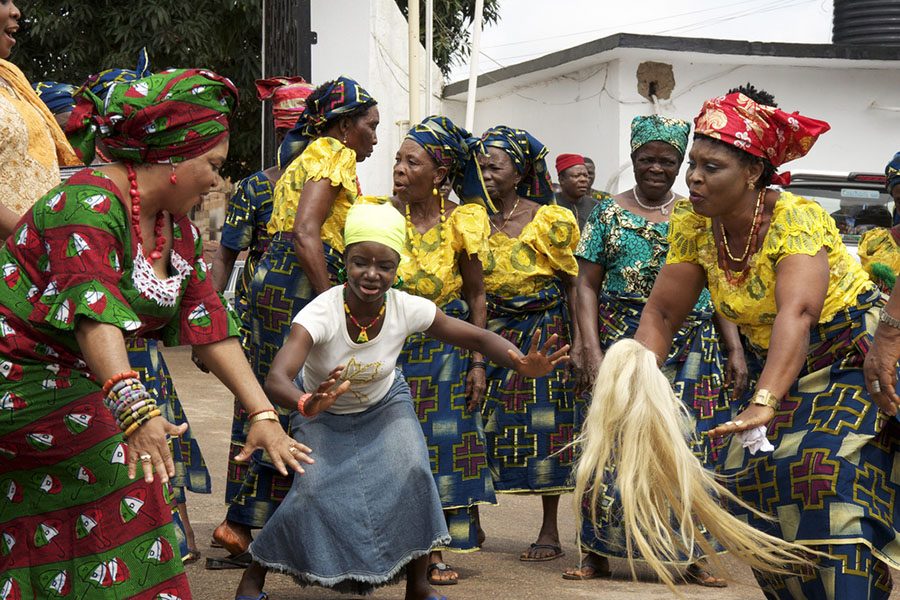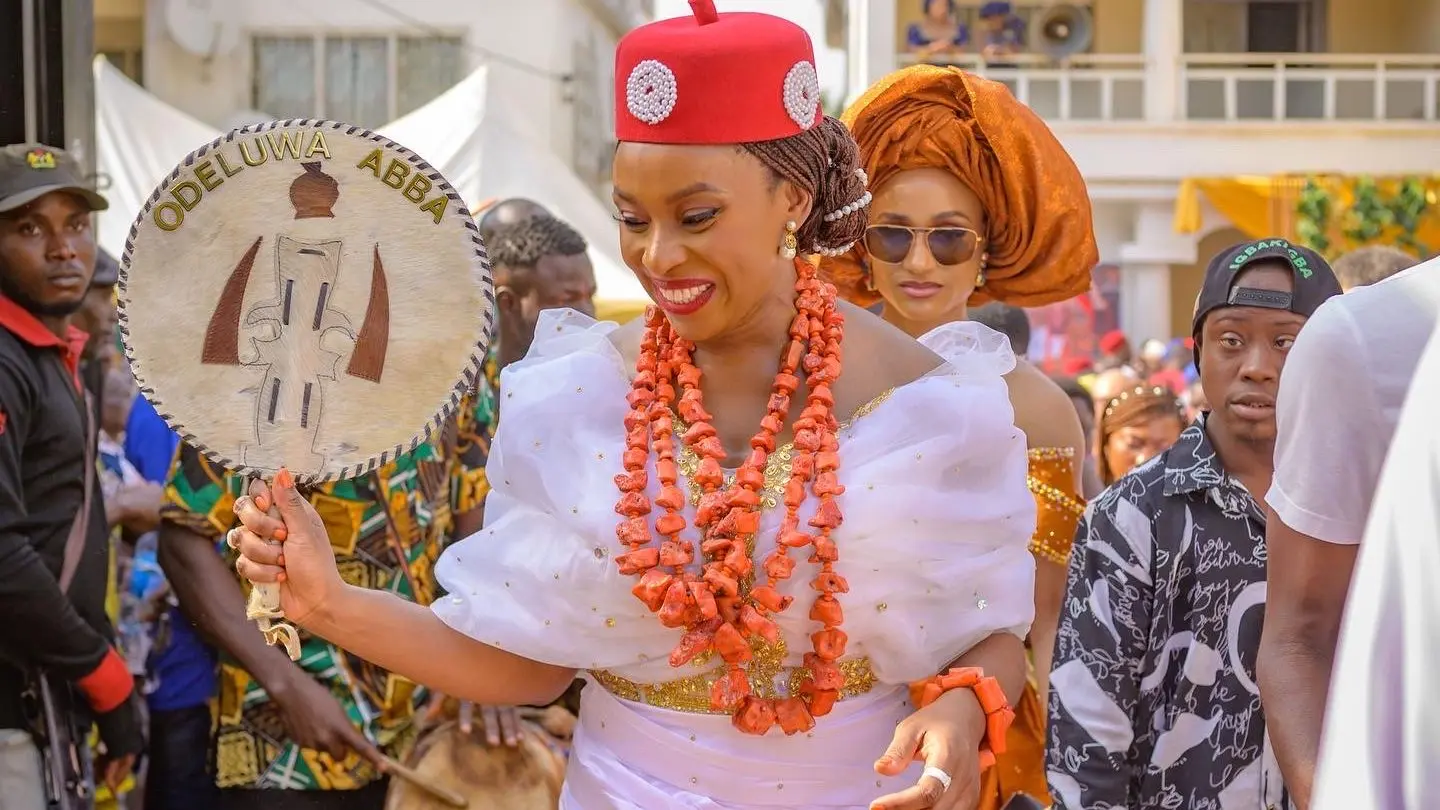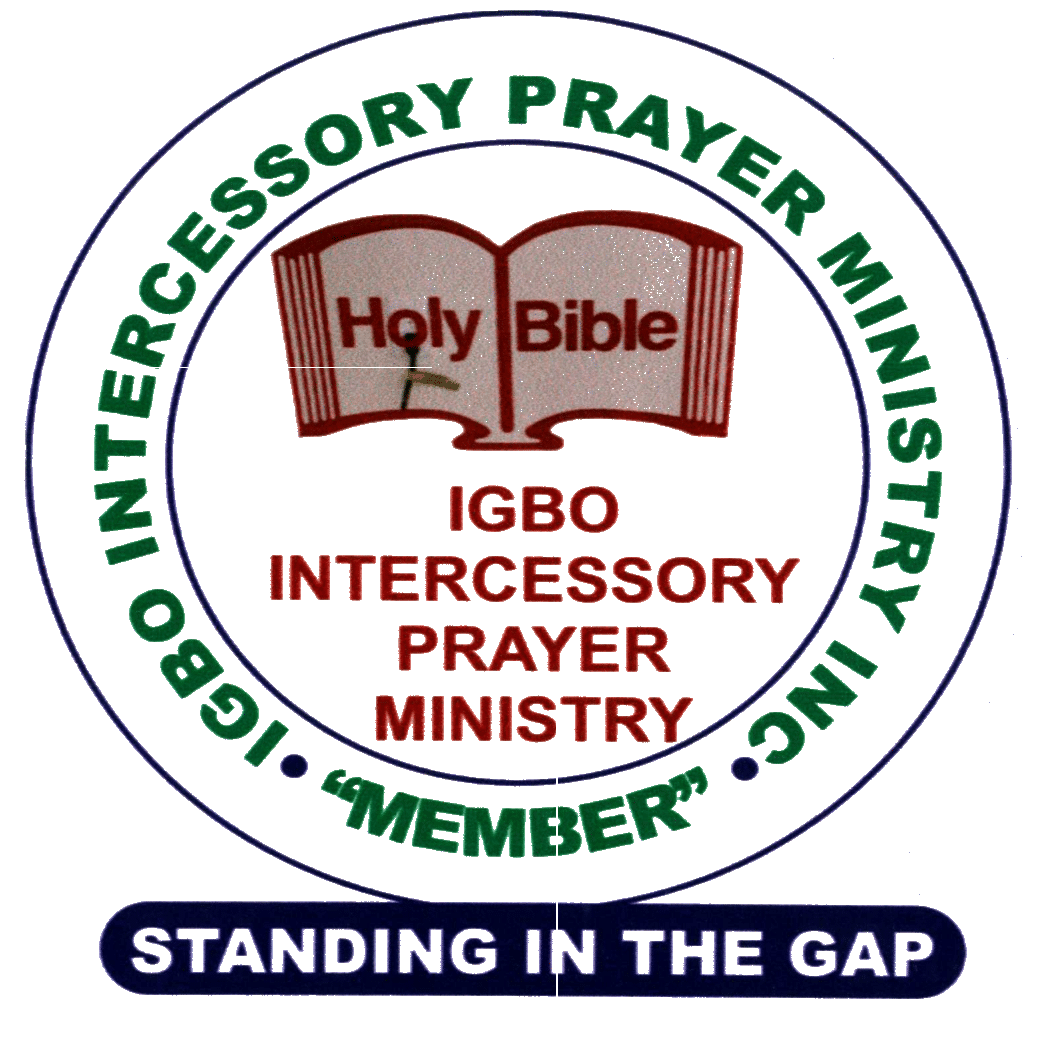Brief History of the Igbo People
Brief History of the Igbo People
The Igbo people are one of the largest ethnic groups in Nigeria, with a population of over 30 million people. They are predominantly found in the southeastern part of the country, primarily in the states of Anambra, Enugu, Imo, Abia, and Ebonyi. However, significant Igbo populations can also be found in other parts of Nigeria, as well as in the diaspora, particularly in the United States, United Kingdom, and other parts of the world.
Culture and Traditions
The Igbo people have a rich and vibrant culture that has been preserved for centuries. They have a strong sense of identity and pride in their heritage, which is reflected in their language, art, music, and traditional practices.
Language
The Igbo language is a tonal language that belongs to the Kwa language family. It is spoken by the majority of the Igbo people and is divided into several dialects, including Onitsha, Owerri, and Umuahia, among others. Despite the diversity of dialects, the language remains largely mutually intelligible.
Religion and Belief Systems
Traditionally, the Igbo people practiced a form of religion known as Odinani, which centered around the worship of various deities, spirits, and ancestors. However, with the introduction of Christianity and Islam, many Igbo people have adopted these religions while still maintaining elements of their traditional beliefs and practices.
Arts and Crafts
The Igbo people are renowned for their rich artistic heritage, which includes intricate wood carvings, pottery, metalwork, and textiles. The Akwanshi cloth, for example, is a famous hand-woven textile that is highly valued for its intricate designs and cultural significance.
Meet our Pastors
We welcome you to The Redeemed Christian Church of God Chapel of Glory, Ajax – a place where God answers prayers. We are a family oriented church with a special focus on youths & children’s spiritual, moral & physical development. We strongly believe that families are the bedrock and foundation of any community and therefore if the foundation is built right, every other stone that is placed on it shall surely stand. No wonder the bible says in Psalm 11:3 If the foundations are destroyed, what can the righteous do? It is our prayer that your foundation and those of your family members shall not be destroyed, in the name of Jesus.
Pastor Victor & Patience Erhabor.

Music and Dance
Music and dance play a significant role in Igbo culture. Traditional Igbo music often features a variety of instruments, including drums, xylophones, and wind instruments. The Igbo people are also known for their masquerade traditions, which involve intricate costumes, masks, and dances that are used in various ceremonies and festivals.
Social Structure and Governance
The Igbo people have a decentralized social structure, with each community governed by a council of elders and traditional rulers. This system of governance has been in place for centuries and has played a crucial role in the preservation of Igbo culture and traditions.
Family and Kinship
The Igbo people place a strong emphasis on family and kinship ties. Extended families often live together in compounds, and family members are expected to support and care for one another. The eldest male in the family traditionally holds a position of authority and respect.
Economic Activities
Historically, the Igbo people were primarily engaged in agriculture, with yams being a staple crop. However, in modern times, many Igbo people have diversified into various economic activities, including trading, entrepreneurship, and professional careers.
Historical Significance
The Igbo people have played a significant role in the history of Nigeria and have made numerous contributions to the country’s development. During the Nigerian Civil War (1967-1970), the Igbo people formed the secessionist state of Biafra, which sought to establish an independent nation.
Although the secession attempt ultimately failed, the Biafran War remains a defining moment in Igbo history and has shaped the cultural identity and political consciousness of the Igbo people.
Despite facing numerous challenges throughout their history, the Igbo people have remained resilient and have maintained a strong sense of cultural identity and pride.
Their rich traditions, vibrant arts, and entrepreneurial spirit continue to make them an integral part of the cultural tapestry of Nigeria and the wider African diaspora.

